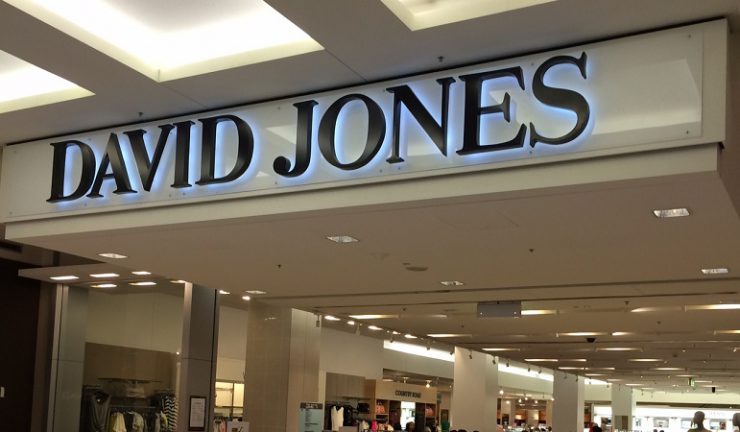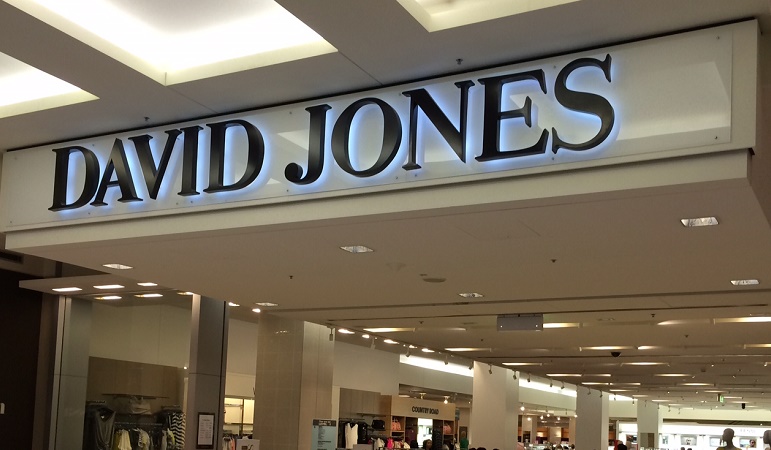Low wage growth and increasing energy costs.
Woolworths Holdings, owner of David Jones, has reported a 3% increase in turnover, although profit before tax was down 8.3%. David Jones sales were described as “marginally above relevant market within a highly constrained, promotionally driven market”.
In its financial results statement, Woolworths Holdings stated, “We are experiencing rapid technological change, altered customer behaviours and a globalisation of retail competition. We are clear that we need to recognise these challenges and build a future-fit business that will be very different to the one in the past.”
Commenting on the Australian macro environment, “Despite record low interest rates, the Australian consumer is heavily indebted with recent regulations increasing mortgage costs. Growth expected is at a rate lower than long-term average and consumer confidence remains below the baseline. Together with low wage growth, underemployment and increasing energy costs, disposable income and consumer confidence will remain under pressure.”

Total sales for David Jones were up by 1%, with comparable sales down 0.7% and net retail space decrease of 0.8%, impacted by prior period termination of Dick Smith electronics concession. Gross profit margin declined by 0.9% due to higher markdowns, driven by aggressive promotional activity in the market. Operating profit margin decreased by 0.9% to 6.3%, impacted by investment in transformation initiatives. However, there was strong online sales growth, now contributing to more than 4% of total sales.
David Jones made strong progress in transformation initiatives including the implementation of new merchandise and finance systems, the re-launch of the David Jones Food offer and opening of flagship food hall in Bondi Junction, the sale of Market Street store, which is on track with redevelopment of Elizabeth Street store. David Jones also commenced process of regionalisation and introduced new Customer Relationship Management (CRM) program.

